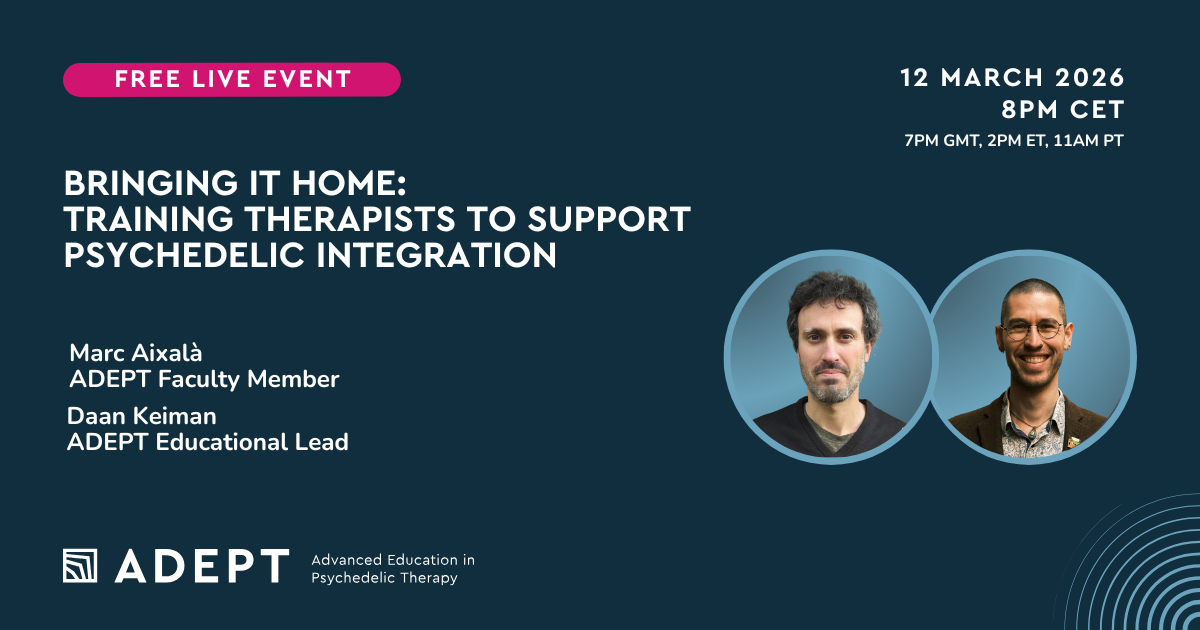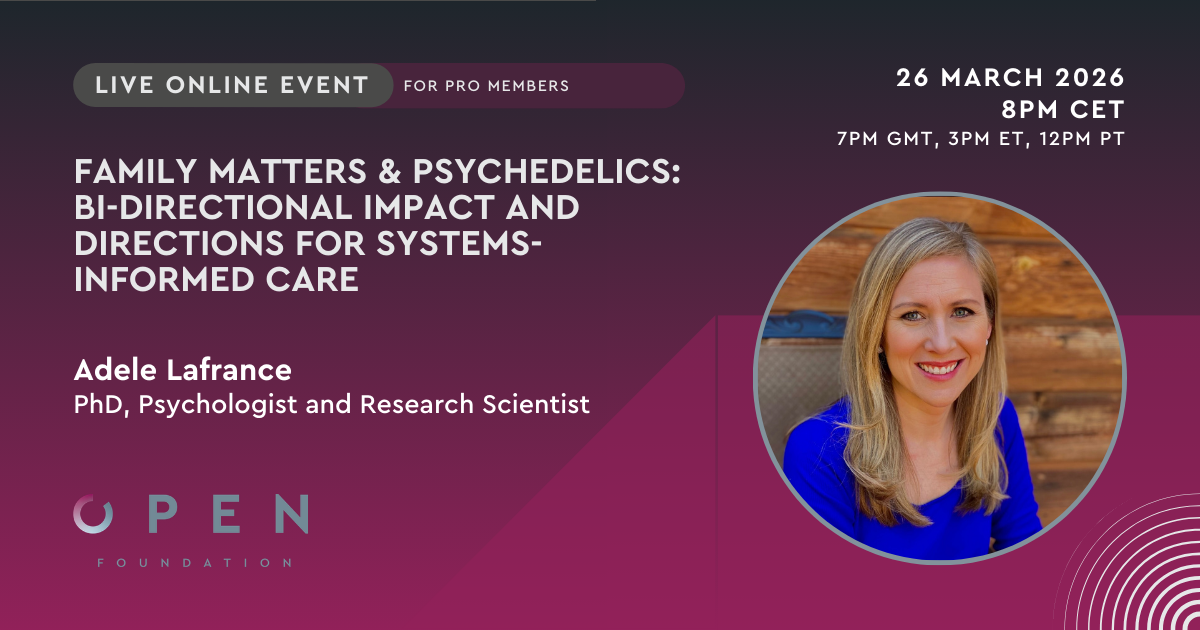Abstract
Hallucinogenic drugs have been inhaled, ingested, worshipped, and reviled since prehistory. With the purification and synthesis of bontanical preparations and the ensuing discovery of chemically unique agents, hope was raised regarding their therapeutic potential, but this hope has been clouded by an epidemic of abuse and an inventory of adverse effects. This review examines aspects of that controversy, including the history of hallucinogens, epidemiology of current hallucinogen abuse, the association of LSD use with prolonged psychoses and hallucinogen persisting perception disorder, and the efforts to demonstrate the drug’s therapeutic efficacy. Human subject ramifications in hallucinogen experimentation are discussed. Future lines of research are suggested in human, animal, and tissue culture paradigms.
Abraham, H. D., Aldridge, A. M., & Gogia, P. (1996). The psychopharmacology of hallucinogens. Neuropsychopharmacology, 14(4), 285-298. https://dx.doi.org/10.1016/0893-133X(95)00136-2
Link to full text













